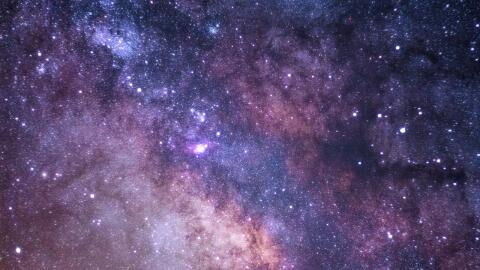The famous Big Bang is thought to have happened around 13.8 billion years ago. Scientists assume that the universe has been expanding continuously ever since. But the latest findings suggest that a contrary development could soon set in. At the end of which, the universe will simply collapse, as Frankfurter Rundschau reports.
Discover our latest podcast
Is the Big Crunch coming?
The surprising thing is that the so-called Big Crunch issupposed to happen much earlier than previously assumed. Previously it was assumed that it would take at least another two billion years -now there is talk of 'just' 100 million years.

These are calculations by a team of researchers led by the US physicist Paul Steinhardt. The team published its main results in the scientific magazine PNAS:
The scenario is not far-fetched. It even fits in well with the latest theories of cyclic cosmology and the assumptions about quantum gravity.
The reason for the expansion of the universe is essentially known as 'dark energy'. This accounts for about 70% of the energy content of the universeand is thus a decisive factor. However, 'dark energy' can not only provide the impetus for expansion, but also for contraction.
This is how the universe ends - perhaps
Steinhardt and his team assume that the expansion will turn into its opposite at a certain point. Then the universe will continuously contract further and further until it finally concentrates on a single point and ultimately collapses in on itself. Whether a new big bang can then be assumed was not discussed.

However, the researchers also make it clear that this is ultimately a possible theory. They cannot predict with certainty whether the end will really come in 100 million years.
This article was translated from Gentside DE.
Sources used:
-Frankfurter Rundschau: Forscher berechnen Zeitpunkt für „den großen Zusammenbruch“ des Universums
-PNAS: Rapidly descending dark energy and the end of cosmic expansion














